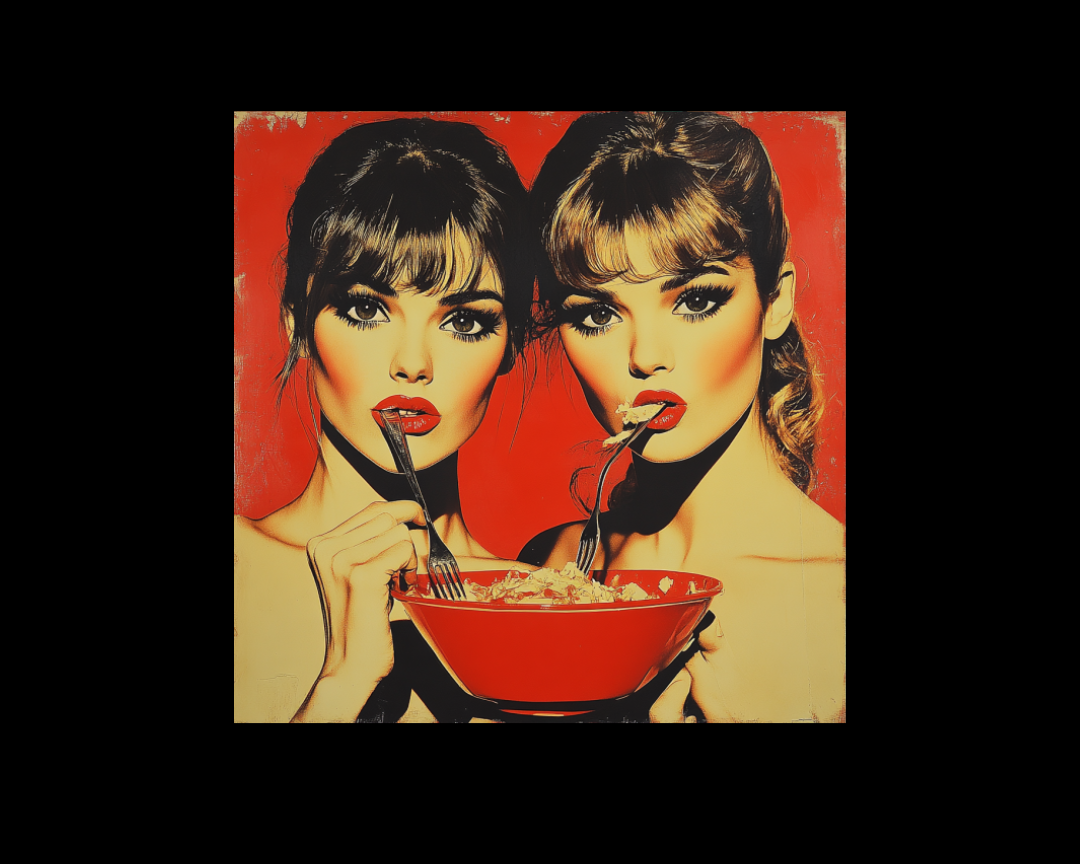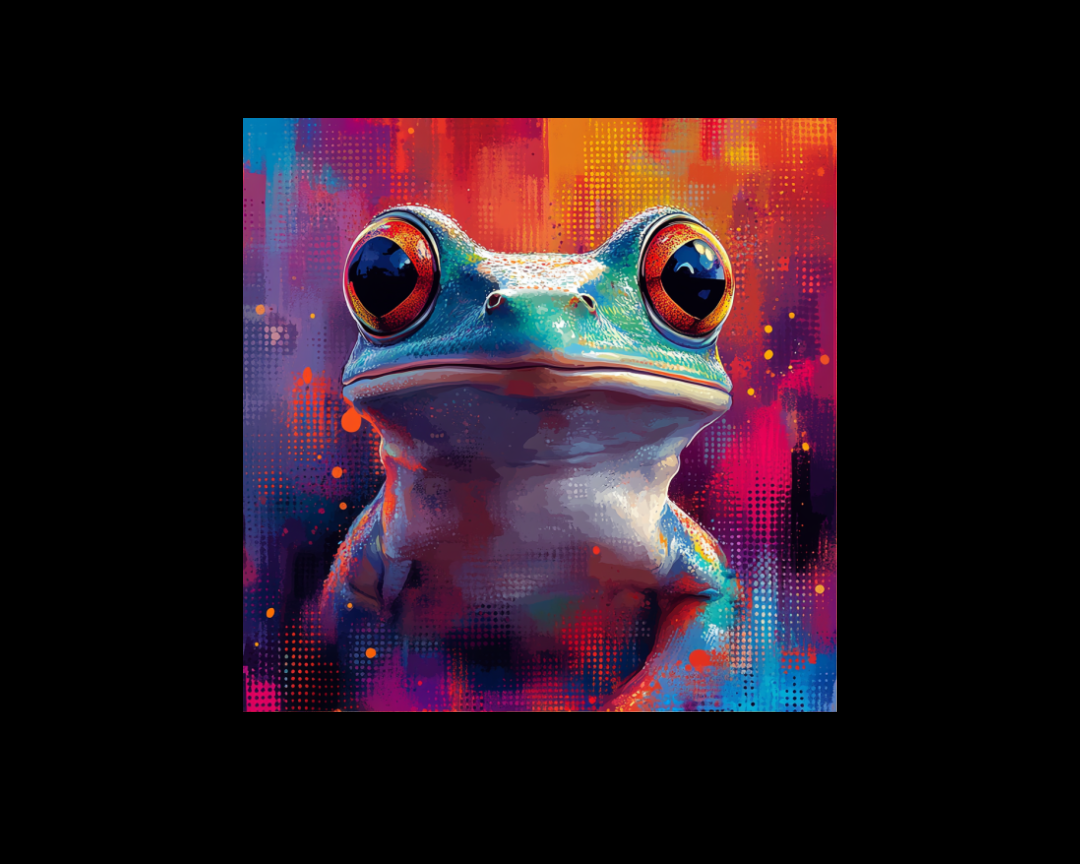Overcome Writer’s Block with Neuroscience
Our unique neuronal connections enable us to create literature, art, and complex ideas. Understanding how these brain functions work can provide...

Writers have to be creative on demand. To succeed in this inherently creative profession, it’s important to practice!
Here are some writing exercises for creativity.
It doesn’t matter if you’re a best-selling author, a high-profile journalist, a casual blogger, or someone in between - you will face writer’s block. It’s to be expected, though that doesn’t make it feel any better at the time. No writer wants to be sitting down staring at a blank page on their computer (or in a notebook) without producing something. Even professional writers like our own content writers can get discouraged when this happens.
I’m sure that’s the question on your mind if you’re reading this post, but in my opinion, that’s not the right question. The question I ask myself is, How can I work through it?
It might seem like a very similar question, but as a writer, I know that every word choice makes a difference in the meaning of a piece. This is no different.
Rather than doing everything I can to not face writer's block, I decided I'd rather be prepared with the right tools for when it strikes. Below, I'll describe a few writing exercises for creativity.
Previously, Rae Fitzgerald wrote an awesome piece on lessons he learned from creative writing. Among those lessons, the one that really stuck out to me was “Simplicity is Memorable.” When we as writers overcomplicate things, it can hinder both our creativity and efficiency.
Therefore, to overcome writer’s block, you need to go back to the basics. This brings me to my list of three writing exercises for creativity:
You may have heard of this from Julia Cameron’s, The Artist’s Way. The concept is that you make a commitment to write three pages by hand each morning as soon as you wake up. The trick is that it's a complete stream of consciousness writing. No second-guessing, no plotting, no editing - just write.
Morning pages are for your eyes only, and because there’s no specific prompt or topic, you literally cannot have writer’s block. At all times, there is some sort of thought, feeling, or emotion inside of you and by writing it all out on your morning pages, you reclaim your power as a writer.
Commit to writing your morning pages for a week and see what happens. If you think it's been helpful, add another week to the plan, or maybe a month or a year. You might never look at your morning pages after you write them, and that's ok. It's not about the product, but rather, the process.
By practicing writing as a daily habit, you’ll likely find writer’s block less scary, because you always have something to write tomorrow.
Word sprints focus on efficiency. The goal is to produce as many words as possible in a set timeframe. Some people choose the standard Pomodoro method (25-minute sprints with a 5-minute break in between), while others choose to write for longer or shorter periods. The time frame itself doesn't matter - what matters is that you're setting aside scheduled time to write.
Now, the problem is that when you're facing a bout of writer's block, you might not have the motivation to start your writing sprint. Fortunately, there are tons of tools out there to help with that. One that I love to use is My Write Club.
After creating your free account, this site allows you to set up your own custom word sprints that you can invite others to join, or you can choose to join a global writing sprint. For those that want to be held accountable for their writing, or turn it into more of a sport, this is a great way to get over writer’s block quickly.
Similar to morning pages, the Eat the Frog first technique for overcoming writer’s block involves writing first thing in the morning. It’s based on an alleged quote by Mark Twain: “If it’s your job to eat a live frog, it’s best to do it first thing in the morning…And if it’s your job to eat two frogs, it’s best to eat the biggest one first.”
The point is that when you have a list of things to do for the day, the best way to overcome procrastination is to do the most difficult thing first. Applying this to writing, if you have a deadline for a project that you’ve been putting off, by applying the Eat the Frog First method, you’d schedule that for the first thing you do when you wake up.
I’ve always found that the hardest part of writer’s block is getting yourself to start to write. I also know that I’m a perfectionist, which makes it even harder because I want every piece of writing to be high quality. The Eat the Frog First method was incredibly hard for me to adapt because of this, but I promise that it’s so worth it.
When I have a project I'm procrastinating on, like a blog post, a technical article, or a short story, I block off my calendar for a half-hour the following morning and commit to starting that task. Realistically, once I start writing for 15 minutes, I don't want to stop, so now I tend to block off an hour.
If you’re stubborn like me, this writing exercise is the perfect trick for getting yourself to break through the dreaded writer’s block.
When writer’s block strikes, it’s best to accept it. Accept that your mind is acting as a barrier to your creativity; accept that you feel stuck; accept that it feels awful. The thing is, you also have to accept that it’s completely normal. We covered three ways to potentially work through writer’s block, but of course, everyone is different - choose the technique that’s best for you.
If you’re looking for a skilled copywriter to elevate your brand, contact us to find out how Hire a Writer can help.

Our unique neuronal connections enable us to create literature, art, and complex ideas. Understanding how these brain functions work can provide...

"The secret of getting ahead is getting started. The secret of getting started is breaking your complex overwhelming tasks into small manageable...

In the world of writing and creativity, the concepts of freewriting and the messy first draft have gained significant traction. Embraced by seasoned...